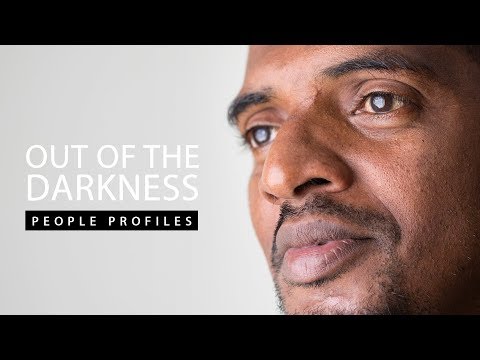Many of the same doctrines have also been used to derail challenges to the government’s surveillance practices, with one notable exception. In response to an ACLU lawsuit, a federal appeals court in New York struck down the government’s practice of routinely collecting telephone metadata — incoming and outgoing telephone numbers, and the duration of each call — for virtually every person in the United States on a daily basis. Following that court ruling, Congress imposed new legal limits on the program, and the government has now, apparently, abandoned it entirely. It is worth noting, nonetheless, that we would probably still not know anything about the collection of telephone metadata if Edward Snowden, who is now an ACLU client, had not revealed it.
The ACLU’s centennial offers a moment to reflect on the organization’s past and plan for its future. It can be proud of its steadfast adherence to principle and courageous advocacy in the days, weeks, and years following 9/11. And it should take strength from that experience as it now confronts, and will undoubtedly continue to confront, other civil liberties crises during its next 100 years.
Steve Shapiro was legal director of the American Civil Liberties Union from 1993 - 2016.



